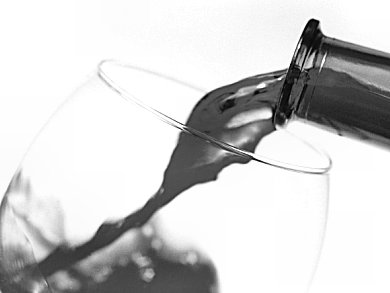Alcohol sensory properties, like smell and taste, evoke drinking-associated memories. By triggering the urge to consume alcohol, these memories induce alcoholic patients to relapse after a period of abstinence from drinking.
According to Segev Barak, University of California San Francisco, USA, and colleagues the immunosuppressant drug rapamycin helps reducing the alcoholic relapse. The researchers demonstrated that, in rats exposed chronically to alcohol and then to abstinence, alcohol’s smell or taste consolidate drinking-associated memories by activating the protein kinase mTORC1 (mammalian target of rapamycin 1). As a consequence, when mTORC1 was pharmacologically inhibited by rapamycin, the memories linked to previous drinking were destroyed and the rats were not anymore incline to drink alcohol.
Rapamycin might, therefore, play an important role in the therapy of alcoholism.
- Disruption of alcohol-related memories by mTORC1 inhibition prevents relapse
Segev Barak, Feng Liu, Sami Ben Hamida, Quinn V Yowell, Jeremie Neasta, Viktor Kharazia, Patricia H Janak, Dorit Ron
Nature Neuroscience 2013.
DOI: 10.1038/nn.3439




